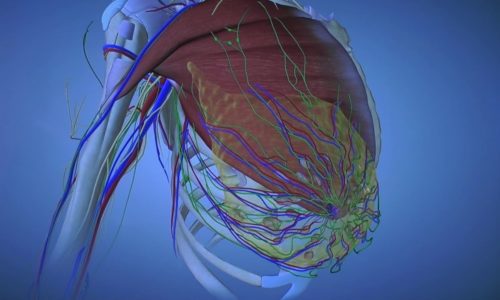Prenatal Visit |
In a prenatal visit, the doctor has a routine: checking blood pressure, measuring weight gain, measuring abdomen and checking baby’s heart rate. Dr. Sarah Bedell. Obstetrician and Gynecologist with Baptist Health South Florida, explains they also check the urine to make sure that there’s no infection and nausea and vomiting are the most common problems.
Transcript
And I want to get into what someone can expect in a prenatal visit we have a list of some of the common vitals so let’s go ahead and take a look at that yes definitely every time you come in you’re gonna get your blood pressure checked your weight monitored and after the first couple of months of pregnancy you start measuring the abdomen because that has a certain normal growth rate and I’m also checking baby’s heart rate every time because there are two patients I come in every time okay we also check the urine to make sure that there’s no infection that can be underlying or certainly any excessive amount of protein certain things that can predict problems what’s the most common problem that women have like you okay it’s a normal pregnancy but we see this the most nausea and vomiting yeah so when do you hear the baby’s heartbeat for the first time as far as in the office when you can first hear it around 11 weeks or so okay you can actually during an ultrasound you can hear it earlier at about sometimes five but usually six weeks but just without an ultrasound in the office about 1011 weeks that’s awesome and when do you when can you find out the gender 22 weeks so usually at the time of the anatomy ultrasound look anywhere usually between 18 to 22 weeks so five to five and a half months you.








